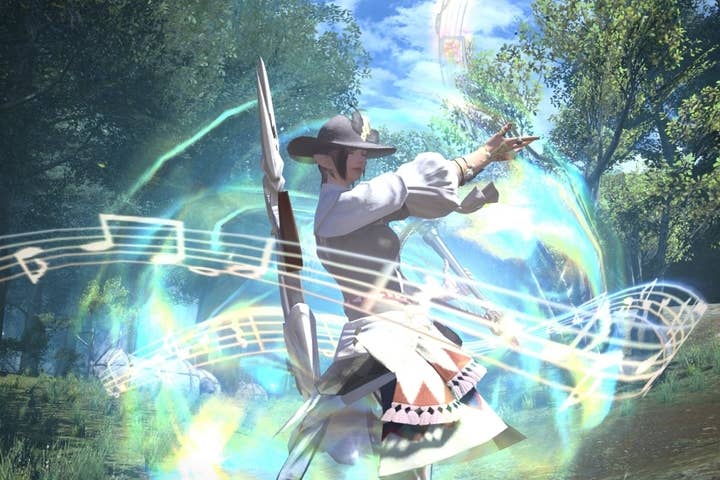Square Enix president describes "urgent" need for reform
Yosuke Matsuda will put customer interaction and regular content drops at the core of the company
Yosuke Matsuda, the man who replaced Yoichi Wada as president of Square Enix, has outlined the "urgent" changes the company must make in order to remain competitive.
In an interview with Infoseek, translated by Siliconera, Matsuda attributed the problems Square Enix now faces to the changes in the games industry's prevalent business model - from a 'price x units sold' model, to one where development and sales are more fluid.
"Development and and sales were divided, and the game developers only needed to concentrate on their work. That's where the strengths of our company laid within," he said.
"It is necessary for us to set up a system that allows us to meet the demands of our customers in a more timely manner. We can't just have a year of leniency. We must reform with urgency"
"Past gaming generation changes took roughly three to five years. Nowadays, released titles are updated every day, and it only takes about three months for a situation to completely change. In order to react with such speed, it is urgent for development and sales to be unified as one."
Matsuda, who pledged to overhaul Square Enix's operations when he stepped up as president, emphasised the importance of "personality" to the core of a modern games business. Developers no longer have the luxury of being cloistered away from the public as they diligently work on a new project. Content must now be created on a more consistent basis, a should be accompanied by direct interaction with the audience.
"An especially important index is 'asset-turnover ratio'," Matsuda said. "When making something, developers want to spend more time and money. However, that can be related to lowering the asset-turnover ratio, so the key point is to find a good balance.
"In fact, one of the factors of the final deficit is the delay from the development to release. Such time-lag means a decrease of contact frequency with the players. It is necessary for us to set up a system that allows us to meet the demands of our customers in a more timely manner.
"We can't just have a year of leniency. We must reform with urgency."
dYoichi Wada stepped down after more than a decade as president of Square Enix following a string of commercially disappointing releases. The company lost more than $130 million in the last fiscal year, with multi-million selling titles like Tomb Raider, Hitman: Absolution and Sleeping Dogs all failing to meet its internal sales expectations.
In addition to financial and logistical concerns, Square Enix has also lost a number of key employees in the last few months. Stephane D'Astous resigned as general manager of Eidos Montreal - the Square Enix's most prominent AAA studio - in July, citing a, "lack of leadership, lack of courage and [a] lack of communication," in the aftermath of the company's disastrous fiscal year results.
"I wasn't able to conduct my job correctly," D'Astous said at the time. "I realised that our differences were irreconcilable, and that the best decision was unfortunately to part ways."
More recently, Eidos life president Ian Livingstone left the company after more than 20 years and, last week, Square Enix lost its influential technical director, Julien Merceron, to Konami.

